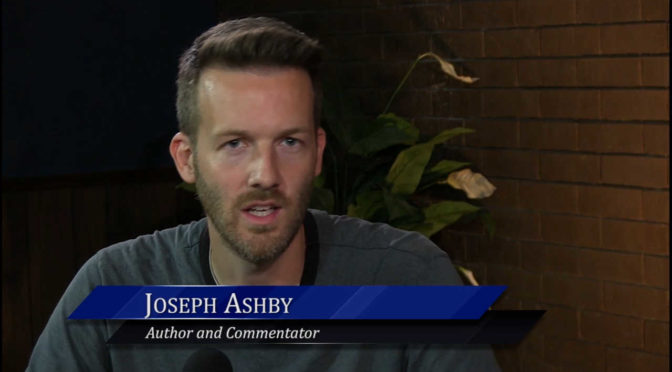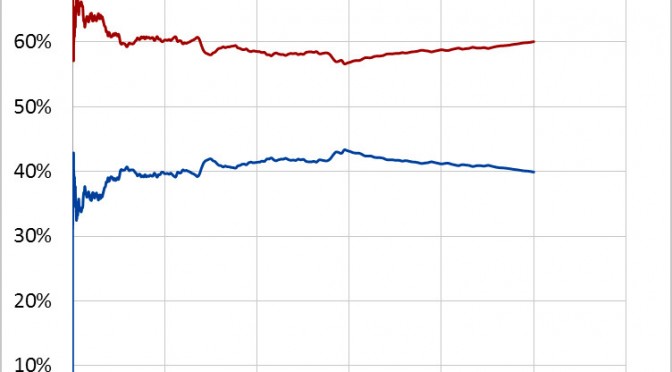Tag: Kansas Secretary of State
-

When voting for Kansas Attorney General, Remember the Presidential Advisory Commission on Election Integrity
With the resources of the federal government at his disposal, Kansas Secretary of State Kris Kobach found no voter fraud.
-

WichitaLiberty.TV: Joseph Ashby on Kansas elections
Wichita talk radio pioneer Joseph Ashby shares his thoughts on the upcoming Kansas primary election. We cover the Secretary of State, Governor, and Sedgwick County Commission.
-

From Pachyderm: Kansas Secretary of State Candidates
From the Wichita Pachyderm Club: Kansas Secretary of State Candidates. This was recorded July 27, 2018.
-

Sedgwick County elections have an anomaly
A Wichita statistician is thwarted in efforts to obtain data that might explain a strange observation.
-

WichitaLiberty.TV: Wichita Eagle, Kansas Democrats, Kris Kobach on voting, and the minimum wage
Wichita Eagle labels hold a clue to the newspaper’s attitude, Kansas Democratic Party income tax reckoning, straight-ticket voting could leave some issues unvoted, and how a minimum wage hike would harm the most vulnerable workers.
-

In Kansas, straight-ticket voting could leave some issues unvoted
There are several issues involved with straight-party voting. Kansas shouldn’t adopt this practice. But on the other hand, why not?
-
Secretary of State vote in Sedgwick County, November 4, 2014
Here’s a map I created of the vote percentage Kansas Secretary of State Kris Kobach received by precinct.
-

Voice for Liberty Radio: Kansas Secretary of State Candidates
Candidates for Republican party nomination for Kansas Secretary of State spoke at the Wichita Pachyderm Club on July 18, 2014.
-
Kansas legislative documents
As the Kansas Legislature begins its 2014 session today, citizens who want to keep track of the happenings have these resources available.
-
Kansas and Wichita quick takes: Monday May 23, 2011
Today: Wichita City council; Sedgwick County Commission; Kobach on voter reform in Wall Street Journal; Tiahrt, former Congressman, to address Pachyderms; Wichita speaker lineup set; Blue Ribbon Commission coming to Wichita; School choice cast as civil rights issue; Medicare reform necessary; Science, public agencies, and politics.
-
Kansas and Wichita quick takes: Tuesday November 9, 2010
Today: Regulation, Wichita city government, George Soros, Kansas Supreme Court, Kansas Secretary of State, Wichita Pachyderm Club, Kansas legislature.